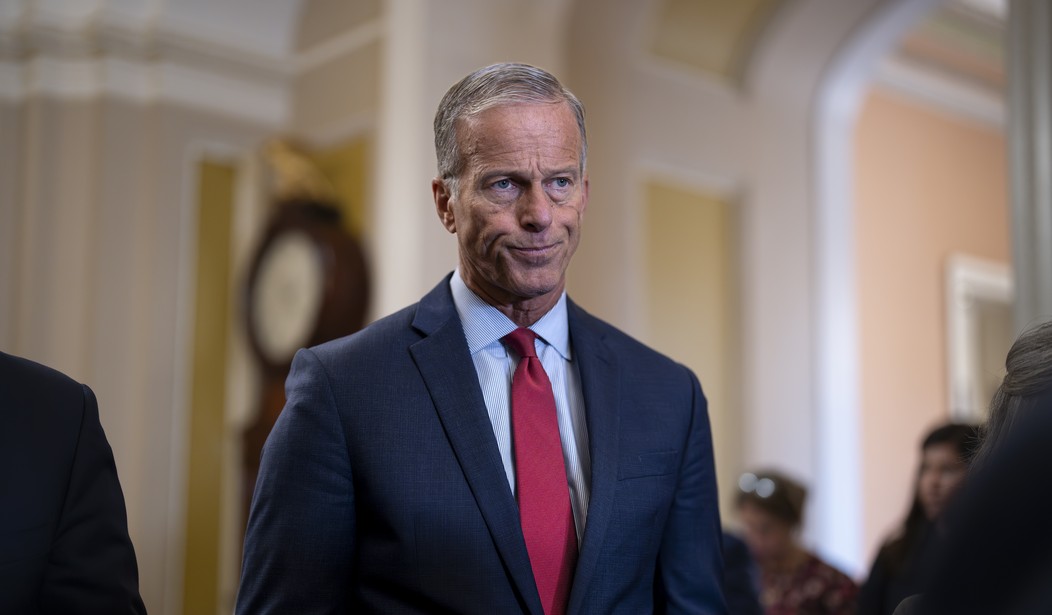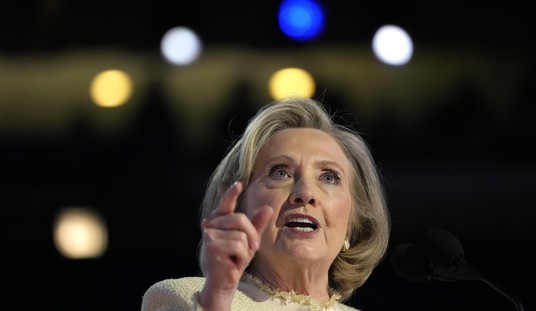The Republican Party will have a 53-seat Senate majority when the next Congress is seated, and yet, for some reason, there's a lot of talk about how some nominees will have a hard time getting confirmed, whether they're confirmed at all, and if Trump needs recess to fill seats. And I'm sitting here scratching my head, wondering why.
Sure, 53 seats isn't a huge majority, but it should be enough for the GOP to get things done. Heck, it's not even the slimmest majority we've ever seen. After the 2020 elections, Democrats didn't even win an outright majority. The upper chamber was split 50-50 after the elections, which meant that once Joe Biden was installed as president, Kamala Harris became the tiebreaker vote in the Senate, effectively giving Democrats a majority and control of the chamber.
The first surprise Trump nomination was Pete Hegseth for Secretary of Defense, and some have expressed doubt that he can be confirmed. Much of the narrative has been that he's just a Fox News personality and nothing else, which, of course, is not true, and his position against women serving in combat roles has come under fire. And then there was Trump's selection of Tulsi Gabbard, who has been chosen as the next Director of National Intelligence. Her nomination prompted major backlash, as many on the left have rallied behind the conspiracy theory that she's a Russian asset, with Sen. Elizabeth Warren (D-Ma.) leading the charge. The Atlantic even ran an article calling her nomination a "national security risk," and the Daily Mail claims there's "global alarm" over her selection.
The most recent picks that sparked similar doubts of confirmation, or at least significant outrage from the left and wobbliness from the right, are Rep. Matt Gaetz as Attorney General and Robert F. Kennedy Jr. for Health and Human Services Secretary. For what it's worth, I suspect these two are the least likely to get confirmed, though according to recent reports, Gaetz is the only one whose nomination appears potentially to be dead on arrival.
Recommended: Trump Picks RFK Jr. for Key Role in His Administration
Even the other, less controversial nominees requiring confirmation are bound to experience significant pushback for no other reason than they were selected by Trump and are branded as "Trump loyalists." That, of course, has been the unifying theme from the liberal media against all of the nominees. So I'm not expecting many of Trump's nominees to get much, if any, bipartisan support.
Now, let's put this in some historical context. Current Secretary of Defense Lloyd Austin, who has been a complete disaster, was confirmed 93-2. He not only had no problem getting support from Democrats, but virtually all Republicans lined up to support him. Treasury Secretary Janet Yellen, who, along with Joe Biden, told us inflation would be transitory, was confirmed 84-15. Merrick Garland, the most dangerous and partisan Attorney General in the history of our country, who weaponized the government against Biden's political enemies and even approved the raid on Trump's home in Florida, was also confirmed with bipartisan support, 70-30. And what about Pete Buttigieg, who previously served as Mayor of South Bend, Ind., and was grossly unqualified to manage the Department of Transportation? He was confirmed 86-13.
Sure, some nominees in the past have faced tighter votes, and Neera Tanden's nomination had to be pulled after old tweets surfaced, but even some of the most disastrous picks sailed through confirmation with the advice and consent of a significant number of Republicans. Yet now, we’re hearing that Trump might not get some of his nominees confirmed because they’re “loyalists” or because the left is branding them “unqualified.” With a 53-seat Republican majority, why should Trump potentially have to rely on recess appointments to get some of his nominees in place when Joe Biden did not?
The only explanation is that the Senate GOP is a joke.










Join the conversation as a VIP Member